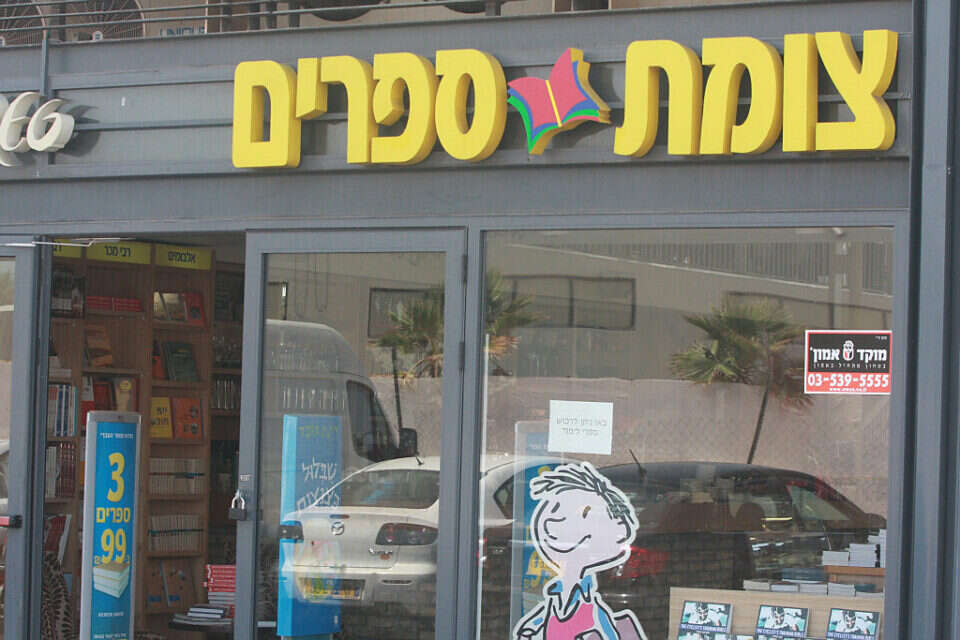The Israeli literary world is a strange creature.
On the one hand, we have a number of wonderful Israeli writers who manage to make their voices heard (with the help of talented editors) through dozens of different publishing houses. We have a vibrant translation scene, which brings to Israel the best of contemporary world literature alongside the translation of important classics, and which is working on up-to-date translations of books published here in the past. The Hebrew reader can enjoy more than 2,000 new books published each year.
On the other hand, all of us, both literary professionals and readers, are trapped between two huge and powerful marketing chains that control the market almost alone, and when they decide to fight (which happens very often), everyone loses.
Once again, ahead of Book Week 2022-23, Steimatzky stores do not find the books of one of the largest publishing houses in Israel, Modan Publishing, because it, together with Kinneret-Zamora-Dvir Publishing, owns about two-thirds of the competing marketing chain Tzomet Sefarim. The result is that if you want to buy the classic children's book "The Potty Pot" or one of the Amos Oz books - you will not find them in the Hulk's stores.
As usual, the debate is about money. And money is needed, of course, to keep the literary world alive and kicking. Not only to pay the authors, or to cover paper costs, but also and especially to give proper compensation to the people of the book who work behind the scenes, so that the books are as accessible, clear and error-free as possible.
Books are a complex business. Even after the author has put the pen down from his magnum-opus, and even if he is sure that he has produced the next masterpiece, the book must go through many more processes before it can be published. These include lecture (providing a professional opinion on the book to a publishing house so that it can decide whether to publish it), literary and linguistic editing, proofreading and more.
Translated books also do not come out of the hands of the translator in their final version, but they have to undergo translation editing, linguistic editing, proofreading, etc.
Most professionals, the vast majority of whom are freelancers, work with expenses as individuals, often at exploitative rates, problematic payment practices and poor employment conditions. It is the large expenses that unilaterally determine market conditions. Why? Because they cross-own the book marketing chains, while the other publishers align themselves with them.
Over the years, the lack of a "standard mark" for fair payment has led to a fragmented, and sometimes exploitative, market. In light of this, at the beginning of the year, the Association of People of the Book published an updated tariff, which includes appropriate rates and payment terms. According to this tariff, editing a short story of about 16 pages should cost NIS 1,300. Not a huge sum, but one that allows a professional editor a decent livelihood. The recommended rates are much lower than what is customary when working on commercial texts, or academic and other non-literary texts.
The Association of Bookmen was even forced to issue a warning, clarifying to professionals that the rates refer to work with commercial publishers, and that work in other frameworks should be done at much higher rates.
True, most people in the field tell with sparkling eyes about the great satisfaction they derive from working on literary texts - but with sparkling eyes you don't shop at the grocery store.
In order for all of us to continue to enjoy quality and meticulous literature, the work on which was done by the best professionals, the professions of the book will have to be such that one can make a decent living from them. Otherwise, the entire frontier culture will pay the price.
Wrong? We'll fix it! If you find a mistake in the article, please share with us

